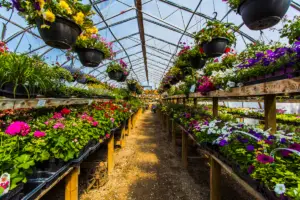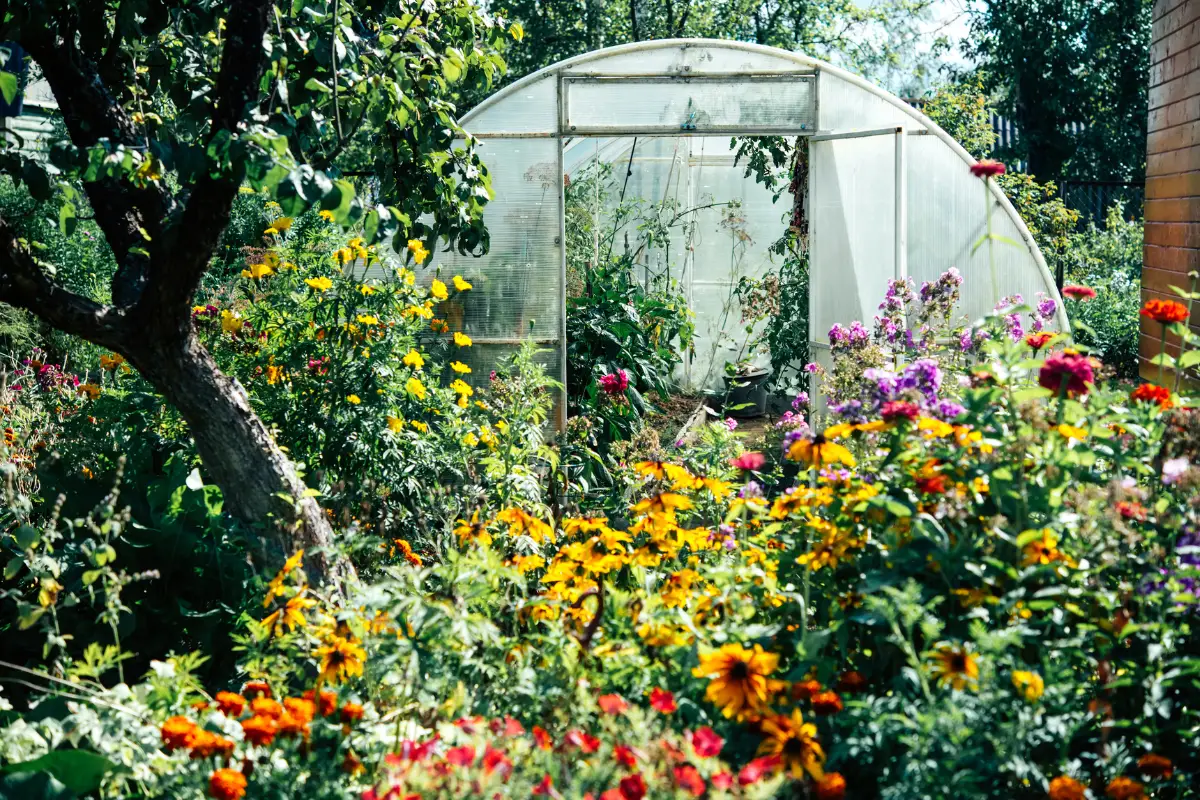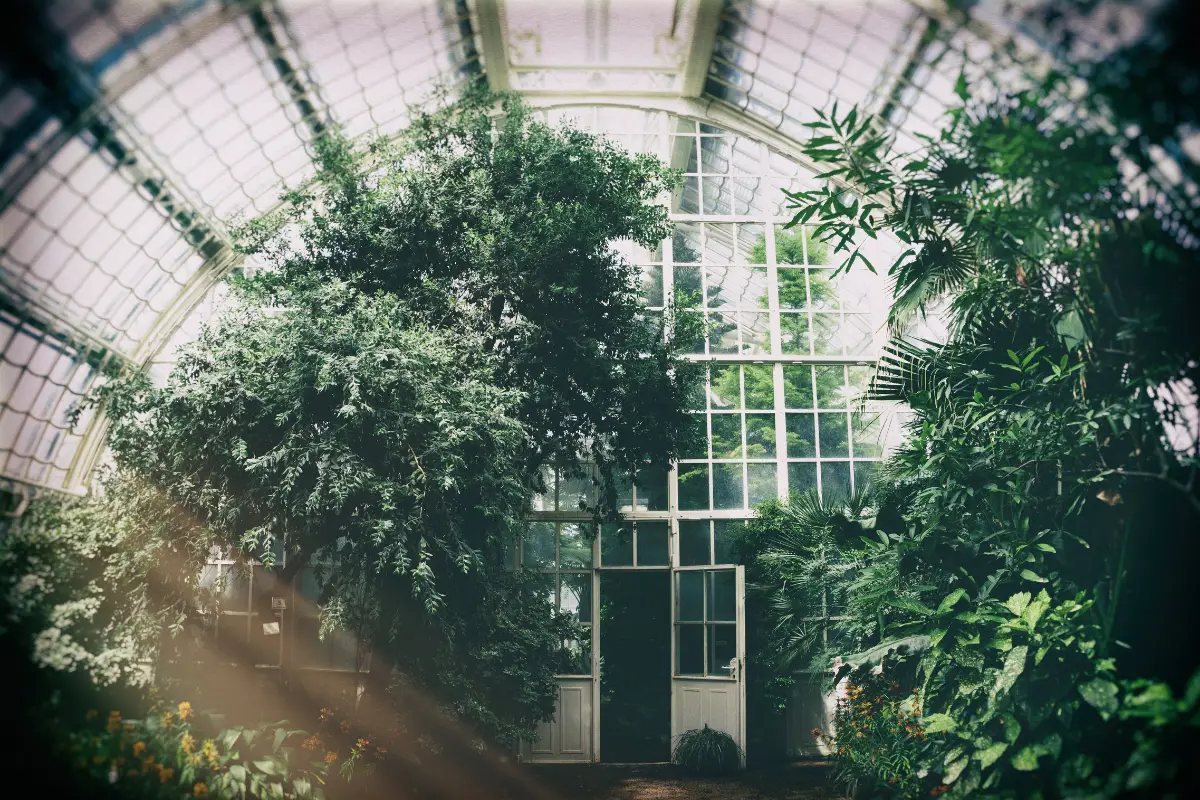It is not uncommon for people to wonder if it is okay to pee in their backyard.
While some may find the idea repulsive, others may see it as a convenient option, especially when nature calls and the nearest bathroom is too far away. But is it really okay to pee in your backyard?
The answer is not straightforward, and it depends on various factors.
For starters, if you live in a rural area with no neighbors nearby, peeing in your backyard may not be a big deal.
However, if you live in a suburban or urban area, where your backyard is visible to neighbors or passersby, it may not be a good idea. In such cases, peeing in your backyard may be considered indecent exposure, and you could be fined or even arrested.
It is always best to check with your local laws and regulations before peeing in your backyard.
Another factor to consider is the environmental impact of peeing in your backyard. While urine is mostly water, it also contains nitrogen, potassium, and phosphorus, which can be beneficial to plants when used in moderation.
However, if you pee in the same spot repeatedly, it can cause an excess buildup of these nutrients, which can harm the plants and soil.
Therefore, if you plan to pee in your backyard, it is best to do so in different spots and dilute it with water to avoid any negative impact on the environment.

Table of Contents
Legal Aspects
When it comes to peeing in your backyard, there are some legal aspects to consider. This section will provide an overview of the local laws and public nuisance laws related to peeing in your backyard.
Local Laws
Local laws vary by city, county, and state. In some places, it is illegal to urinate in public or on private property that is visible to the public.
For example, in New Jersey, public urination is a disorderly persons offense, and it could result in a citation or a fine.
However, in other places, there may not be any specific laws against peeing in your backyard.
It is important to check with your local authorities to determine if there are any laws or regulations related to peeing in your backyard. If there are, it is best to comply with them to avoid any legal issues.
Public Nuisance Laws
In addition to local laws, there are also public nuisance laws that could apply to peeing in your backyard.
Public nuisance laws are designed to protect the community from activities that interfere with public health, safety, and welfare.
If your neighbors can smell or see your urine, they may file a complaint with the local authorities. Depending on the severity of the situation, you could be cited for violating public nuisance laws.
It is important to be respectful of your neighbors and avoid activities that could be considered a public nuisance.
In summary, peeing in your backyard can have legal consequences. It is important to check with your local authorities to determine if there are any laws or regulations related to peeing in your backyard.
Additionally, it is important to be respectful of your neighbors and avoid activities that could be considered a public nuisance.
Health Concerns
Hygiene Issues
While it may be tempting to relieve oneself in the backyard, there are a few hygiene issues to consider.
Urine contains bacteria and other microorganisms that can be harmful to humans and pets. When urine is left to sit, it can emit an unpleasant odor that can attract insects and other pests.
To prevent these issues, it is recommended to urinate in a designated area away from any outdoor living spaces or food sources.
This area should be regularly cleaned and disinfected to prevent the buildup of harmful bacteria.
Potential Diseases
In addition to hygiene concerns, there is also a risk of potential diseases associated with urinating in the backyard.
Pets that come into contact with urine can contract diseases such as leptospirosis, which can cause fever, vomiting, and liver damage.
Furthermore, if the urine comes into contact with open wounds or cuts, it can increase the risk of infection.
It is important to properly clean and disinfect any areas that come into contact with urine to prevent the spread of disease.
Overall, while it may be convenient to urinate in the backyard, it is important to consider the potential health risks and take appropriate precautions to prevent the spread of harmful bacteria and diseases.
Environmental Considerations
When it comes to peeing in the backyard, there are a few environmental considerations to keep in mind.
While it may seem like a convenient and natural way to relieve oneself, it can have unintended consequences on the environment.
Soil Contamination
Human urine contains nitrogen, phosphorus, and potassium, which are all essential nutrients for plant growth.
However, if applied in excess, it can lead to soil contamination and harm the surrounding vegetation.
The concentration of these nutrients in urine can be too high for plants to handle, especially younger plants, and may cause damage to the roots and leaves.
Additionally, urine can alter the pH level of the soil, making it more acidic, which can also harm plants.
It is important to note that the effectiveness of urine in killing grass or plants will depend on the soil’s current pH, urine concentration, urine content, and the frequency with which human urine is applied to the soil.
Water Pollution
Another environmental consideration to keep in mind is the potential for water pollution.
When urine is applied to soil, it can seep into the groundwater and contaminate nearby water sources. This can be harmful to aquatic life and can also affect the quality of drinking water.
It is especially important to avoid peeing near bodies of water, such as lakes or rivers, as the urine can quickly enter the water and cause pollution.
If using a composting toilet or other waste management system, it is important to ensure that the urine is properly treated and disposed of to avoid any potential environmental harm.
Overall, while it may be tempting to pee in the backyard for convenience, it is important to consider the potential environmental impacts.
If possible, it is best to use a designated bathroom or waste management system to minimize any harm to the environment.
Social Etiquette
When it comes to peeing in your backyard, there are some social etiquette rules that you should follow to avoid any potential issues.
Privacy Issues
First and foremost, privacy is key. If you live in a densely populated area or have neighbors close by, it’s important to ensure that you’re not exposing yourself to others while relieving yourself in your backyard.
Make sure that you have a private area to do your business, whether it’s behind a fence or a wall, or in a secluded corner of your yard.
Neighbor Relations
It’s also important to consider your relationship with your neighbors. While it may be legal to pee in your backyard, it may not be socially acceptable to do so if it’s visible to your neighbors.
If you have close neighbors, it’s important to be respectful of their space and avoid causing any offense.
If you’re unsure about their feelings towards backyard peeing, it may be worth having a conversation with them to gauge their opinion.
In general, it’s best to avoid peeing in your backyard if it’s likely to cause offense or upset to your neighbors.
While it may be legal, it’s important to consider the impact that your actions may have on those around you.
By being respectful and considerate, you can avoid any potential issues and enjoy the privacy of your own backyard.
Alternatives to Peeing in the Backyard
Outdoor Toilets
For those who want a more permanent solution than peeing in the backyard, outdoor toilets are a great option.
Outdoor toilets can be as simple as a basic pit latrine or as complex as a fully plumbed and enclosed structure.
They are usually installed in a secluded area of the yard and can be constructed using a variety of materials, such as wood, brick, or concrete.
One of the benefits of outdoor toilets is that they can help reduce the amount of water used in the household.
They also provide a more private and hygienic option for relieving oneself, especially when compared to peeing in the backyard.
However, it is important to note that outdoor toilets require regular maintenance to ensure they remain clean and functional.
Composting Toilets
Composting toilets are another alternative to peeing in the backyard. They work by breaking down human waste into compost, which can then be used as fertilizer for plants.
Composting toilets come in a variety of designs, ranging from simple self-contained units to more complex systems that require plumbing and electricity.
One of the advantages of composting toilets is that they are environmentally friendly. They can help reduce water usage and prevent pollution of waterways.
They are also relatively low-maintenance and can be used in a variety of settings, including rural areas and off-grid homes.
However, it is important to note that composting toilets require proper installation and maintenance to ensure they function properly.
They also require a certain level of understanding and commitment to the composting process, which may not be suitable for everyone.
Overall, there are several alternatives to peeing in the backyard that can provide a more private, hygienic, and environmentally friendly option.
Outdoor toilets and composting toilets are two popular alternatives that can be considered depending on individual needs and preferences.
Conclusion
In conclusion, peeing in your backyard may seem like a convenient option, but it is important to consider the potential health and environmental risks.
If you live in an area with a septic system, it may not be safe to pee in your backyard as it can contaminate the groundwater.
Additionally, if you have neighbors nearby, it may be considered inappropriate or even illegal.
It is always best to use a proper restroom facility whenever possible to ensure the health and safety of yourself and those around you.
- How to Dry Basil Leaves: A Professional Guide
- Is an Avocado a Fruit or Vegetable? Simple Answer and Explanation
- Does Pineapple Have Seeds? Exploring the Anatomy of Pineapples
- Blooming Through Winter: Can I Grow Vegetables Indoors in the Winter?
- What Can You Grow in a Greenhouse All Year Round: A Guide to Year-Round Greenhouse Gardening
- Are Blueberries Blue? Debunking the Myth of Their Color
















